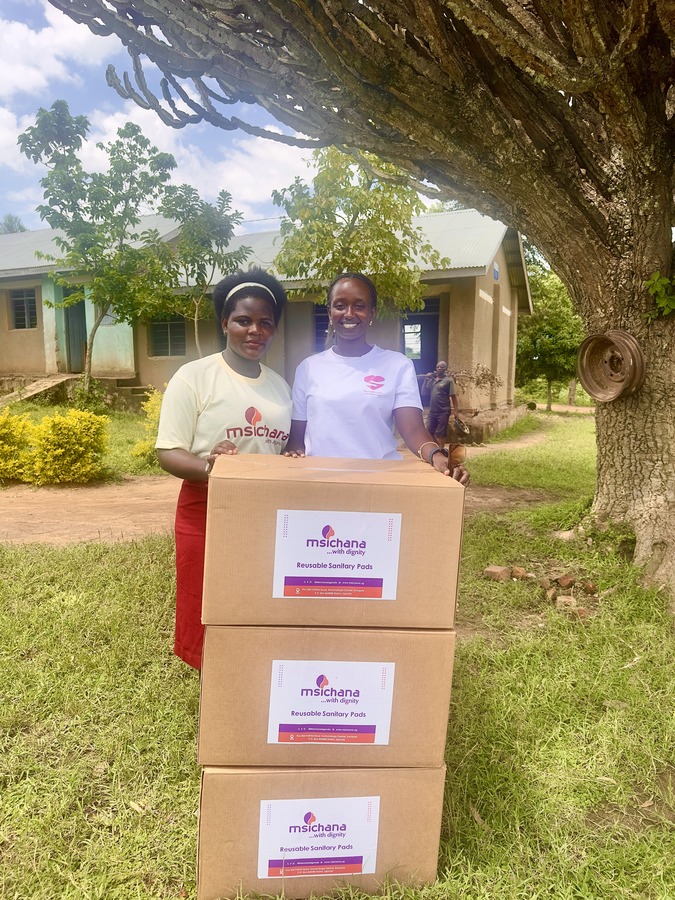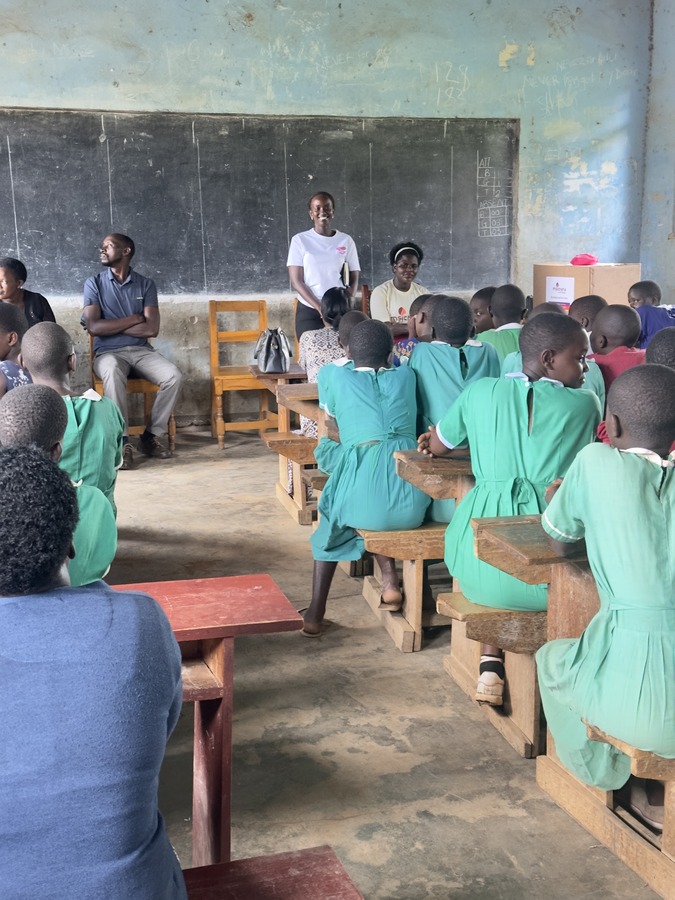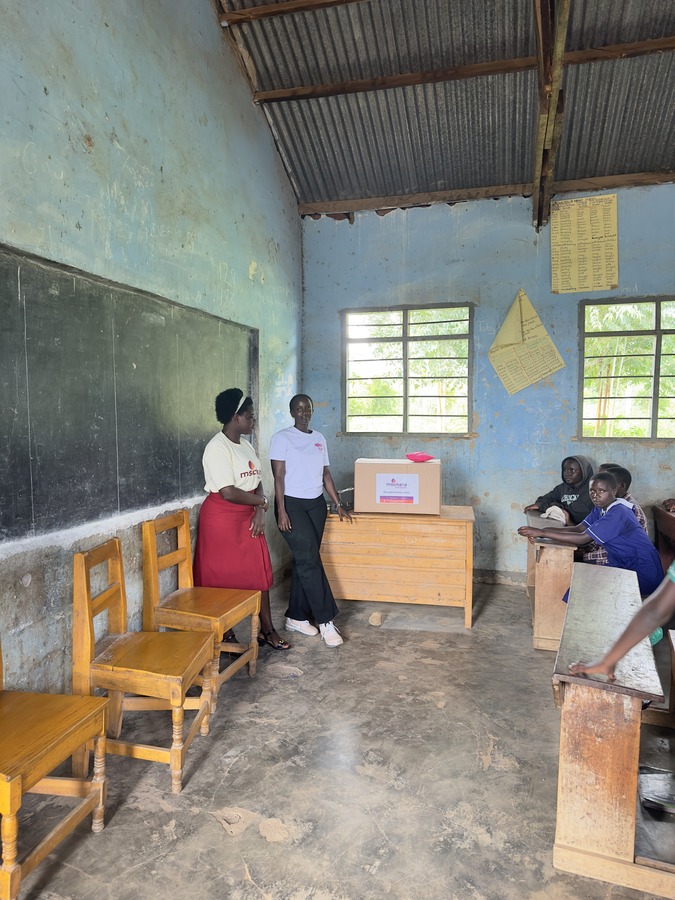Supplying quality reusable pads
The Lady Lydia Foundation pioneered menstrual hygiene support by strategically supplying reusable pads to three hundred girls across six primary schools. Their targeted approach addressed critical gaps in menstrual health resources, ensuring students could maintain consistent school attendance. By providing high-quality, sustainable sanitary products, the foundation directly tackled barriers that previously prevented girls from participating fully in their educational journey.
Understanding the transformative potential of reliable menstrual hygiene, the foundation carefully selected durable, reusable pads that could withstand multiple washes and provide long-term protection. These specially designed pads not only met practical hygiene needs but also offered an economically sustainable solution for schools and families.


Menstrual health education
The Lady Lydia Foundation strategically implemented comprehensive menstrual health education programs targeting schoolgirls in Lyantonde, Uganda. Recognizing that knowledge is as crucial as product distribution, the foundation developed targeted workshops addressing hygiene and personal care. Their educational initiatives broke down barriers, providing girls with critical information about their bodies, menstrual cycles, and personal hygiene practices that are often overlooked in traditional educational settings.
By engaging the girls in open, supportive dialogues about menstrual health, the foundation transformed cultural perceptions and reduced stigma. Their educational approach extended beyond classroom instruction, involving male community members to foster broader understanding and support.
Fighting stigma
The Lady Lydia Foundation recognized menstrual stigma as a critical barrier to girls’ education and empowerment in Uganda. In many rural communities, menstruation is shrouded in shame, silence, and misconceptions that prevent girls from understanding their own bodies and reproductive health. These deeply entrenched cultural beliefs often lead to girls feeling embarrassed, isolated, and forced to miss school during their menstrual cycles, perpetuating a cycle of educational disadvantage and social marginalization.
By implementing targeted educational initiatives, the foundation sought to transform these harmful narratives surrounding menstruation. Through open, compassionate discussions that involved not just girls but entire communities, they worked to normalize menstrual health as a natural biological process. Their approach centered on breaking down taboos, providing accurate information, and creating safe spaces for dialogue that challenged outdated perceptions.

